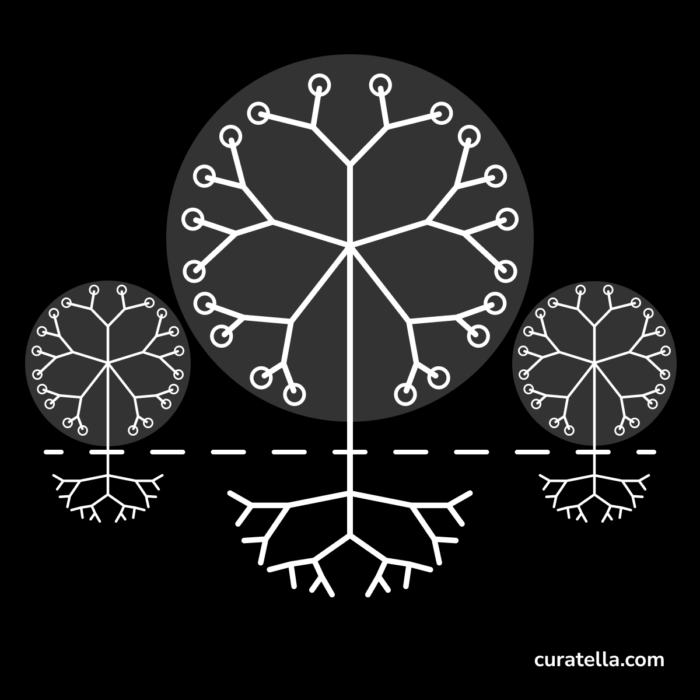Systems thinking is a way of thinking by considering, within arbitrary boundaries, all relationships between the systems’ components at study.
A system is a set of things—people, cells, molecules, or whatever—interconnected in such a way that they produce their own pattern of behavior over time.
Thinking in Systems, Donella Meadows.
There are many ways to think about reality and how to make decisions—subscribing to the next course, preparing a meal, educating our children, investing in an enterprise, and choosing a charity. We couldn’t take a step, consciously or unconsciously, if we couldn’t’ decide about our next actions.
We can make better decisions only if we know all factors affecting the systems we inhabit. Although we can construct faithful models of such systems, we will never replicate them fully.
Everything we think we know about the world is a model. Despite our effort in making our models congruent with the world, they fall short of fully representing reality.
Systems thinking makes clear even to the most committed technocrat that getting along in this world of complex systems requires more than technocracy.
Thinking in Systems, Donella Meadows.
Systems thinking is the most efficient and effective model we can build of reality. We can think in systems to analyzing the day-to-day problems and address global challenges as the Climate Crisis or poverty.
Systems thinking allows us to see many ways to address the complexity of our society’s challenges and give more and different perspectives on living a better life.
If you want to imagine better futures, in your life, in your community, in your professional field, in our society, you need to become a better Systems Thinker.

Leave a Reply